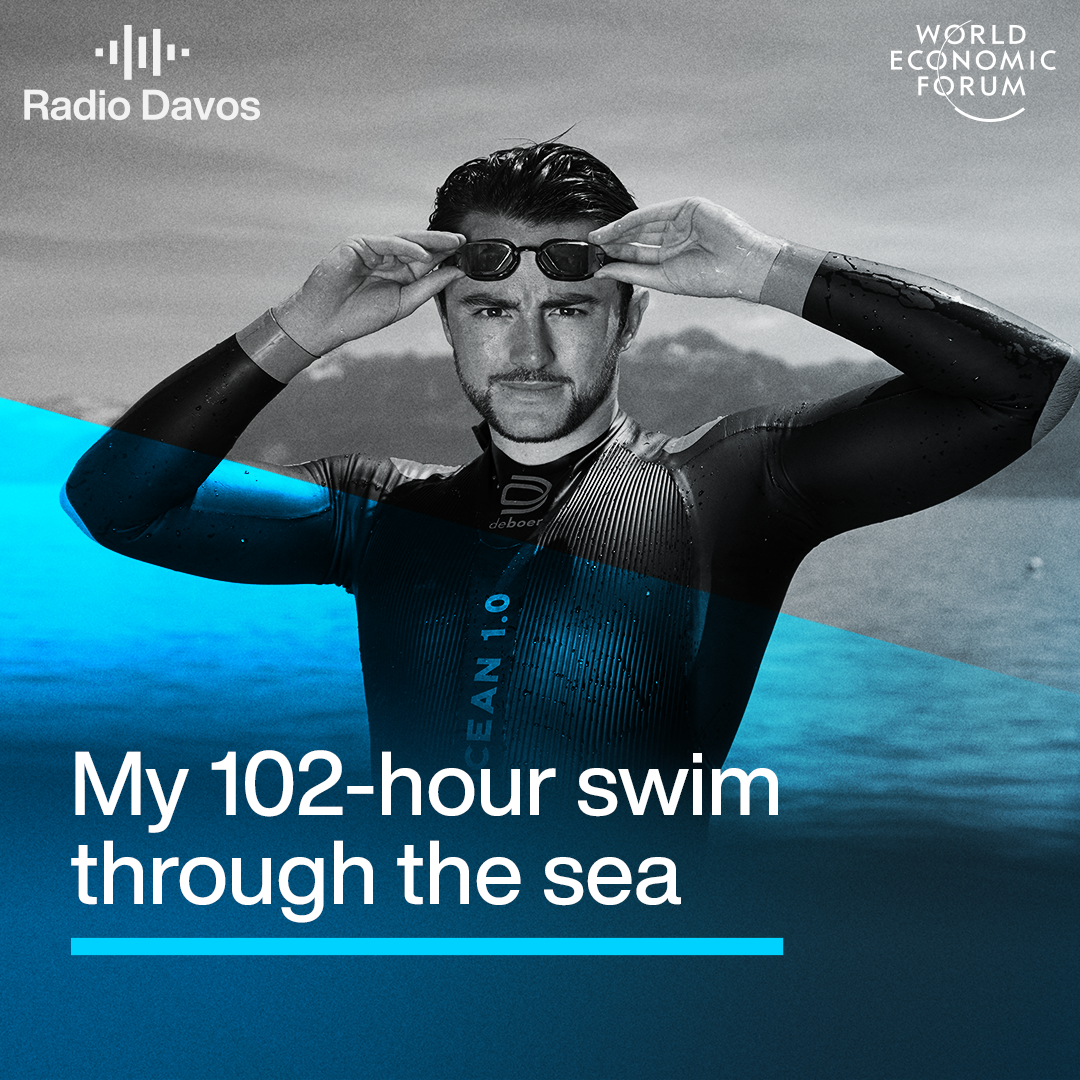Tackling climate change, one bike at a time

Paolo Richter was elected “Social Entrepreneur” in 2009 by the Schwab Foundation. Through his programme “Bicycles for Africa”, his social enterprise Gump & Drahtesel delivers second-hand bicycles from Switzerland to various African countries. Professional workshops in Switzerland and Africa ensure that the bikes remain in use as long as possible as an attractive and handy means of transport. In addition, training courses for bicycle mechanics are offered, which create attractive jobs in African villages.
In 2011, it was my turn. Paolo was a member of the jury when my company South Pole was recognized by the Schwab Foundation for supporting CO2-cutting projects around the world by generating and selling carbon credits. The idea to cooperate was born almost instantly: Let’s boost the number of bicycles sent to Africa using co-financing from the carbon markets, where customers address their CO2 footprint by investing in projects elsewhere.
But as usual in this kind of work, barriers arose. First of all, the impact of every CO2-cutting project needs to be calculated according to a complicated UN-approved methodology – none of which was applicable to our case. Second, we realized that the detailed monitoring required of each bicycle would be a nightmare – try collecting the performance data of 13,000 bicycles scattered across seven African countries. Third, it became clear that the costs of full UN certification would eat up a good part of the money that should actually be used to deliver bicycles.
Give up? Of course not. After several meetings and discussions, we came up with the idea of launching “double-up” certificates: Instead of measuring and certifying each and every kilogram of CO2 saved by the climate-friendly bicycles, we decided to extrapolate the likely emission reductions achieved using average values and sales and maintenance records available at the mechanics shops. In order to guarantee 100% CO2 neutrality to customers, each emission reduction from the Bicycles for Africa programme is paired with a UN certified emission reduction from another project.
This concept allowed us to finally to launch the collaboration. Without losing much money on transaction costs, we created the option for clients to go 100% carbon neutral by giving more Africans a reliable and climate-friendly means of transport.
This example shows that where two social entreprises can cooperate, the sum effect can be bigger than its parts. The new product advances the cause and reach of both companies simultaneously – with minimal change to the existing business model for each company. Social enterprises around the world, unite!
Renat Heuberger is Chief Executive Officer of South Pole Carbon, Switzerland. He is participating in the session Hot Ideas on Climate at the Annual Meeting of the New Champions in Dalian, China.
Don't miss any update on this topic
Create a free account and access your personalized content collection with our latest publications and analyses.
License and Republishing
World Economic Forum articles may be republished in accordance with the Creative Commons Attribution-NonCommercial-NoDerivatives 4.0 International Public License, and in accordance with our Terms of Use.
The views expressed in this article are those of the author alone and not the World Economic Forum.
Stay up to date:
Hyperconnectivity
Forum Stories newsletter
Bringing you weekly curated insights and analysis on the global issues that matter.
More on Nature and BiodiversitySee all
Simon Torkington and David Elliott
November 27, 2025






